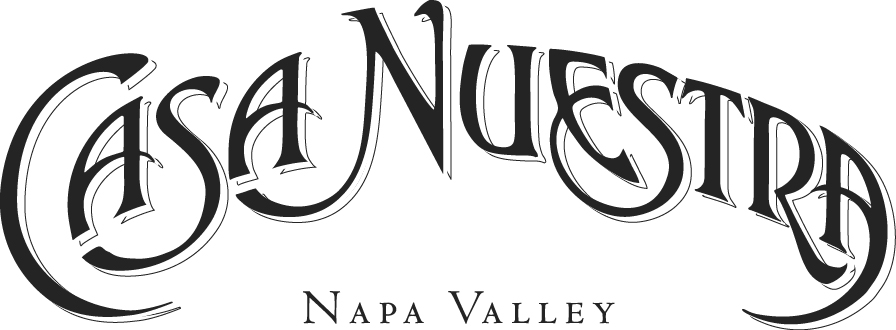Organic farming
“The business of caring for grape vines is very labor intensive. It’s a lot like having 450 newborns to the acre. Each vine requires individual care and tending.”
Casa Nuestra Winery uses estate-grown fruit, so our vineyards really are where it all begins. The addition of 23 English Baby Doll sheep is helping us become more sustainable by using fewer diesel mowers and by using their fertilizer. We often are asked if our Nubian Goats, Elvis and Colonel Parker, help us out in the vineyard but they are really not that helpful because they will definitely eat the vines if allowed!
Throughout our four decades of stewardship of the land, preserving the property and protecting the water source from contaminates has always been our priority. The winery operation is an outgrowth of the farm and despite the many pressures to do otherwise, we have never changed our philosophy.
In 1979, almost two decades before national organic standards and certifying bodies existed, we made a commitment to farm without the use of any synthetic inputs. Revolutionary at the time, we refrained from using chemical fertilizers and pesticides. While most of our neighbors were controlling weeds using paraquat, an extremely powerful herbicide, we decided that we would manage weeds with cultivation practices in the vineyard, such as composting, planting cover crops, and tilling weeds back into the soil. Even the grape skins, stems and pulp from the winery are plowed back into the land.
Our goal is to have our vineyard entirely dry-farmed. For now, we only irrigate the vines in extreme drought conditions. Water for irrigation and frost protection comes from our farm pond, filled by rainfall and groundwater.
Our 40-acre property encompasses more than than the vineyards. We have deliberately given the expansive riverfront acreage over to conservation. The native oak forest by the Napa River provides habitat for migrating and residential wildlife. In return, we’ve been able to spot bobcats, coyotes, foxes, mountain lions and an occasional bear!
We were the first in the Napa Valley to install solar panels in 2005. The Happy Farmer insisted that they were placed in a very prominent location so that everyone would see them and follow suit. Now solar energy powers all buildings on the estate, including the winery and the tasting room, and whatever energy is left, goes back to the PG&E grid.
The choices we’ve made do not save money, but they save something precious. Somehow, we manage to be faithful to these fundamental values and still offer our products at reasonable prices.

